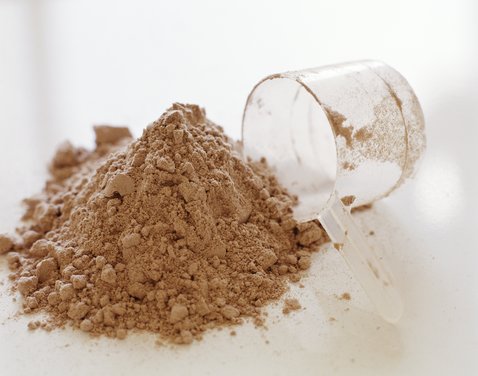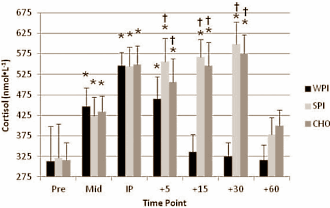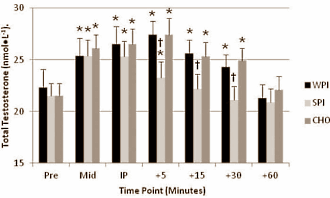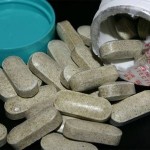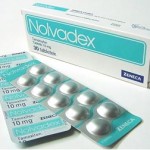Blog Entry #61
By Admin – Steroidal.com
Pre-workout, intra-workout and post-workout nutrition has gained massive popularity in recent years. Post-workout nutrition has always been a marketing tactic of the supplement industry and harnessing the “anabolic window”. Fast digested quick acting proteins were born, like whey protein; whey protein isolates and hydrolysed whey and casein. Other forms of protein are also now available. Hemp, soya and pea protein are popular now, often chosen when whey or casein isn’t an option due to price or allergies.
Next up was pre-workout nutrition. Pre-workout nitric oxide supplements and vasodilators have exploded onto the market offering all sorts of claims in aiding muscle growth and increasing strength. The times of using a couple of caffeine tablets for an energy boost have gone and been replaced with supplements that increase concentration, vasodilation, performance, strength and take into account recovery as well.
Then came intra-workout nutrition, such as sipping amino acid concoctions with rapidly pre-digested versions of protein, such as Peptopro, BCAAs and di and tripeptides. But the question remains, what do these supplements actually do?
Today we’re going to scratch the surface and look at the most popular of all dietary supplements – whey protein. We’re going to look at its effects on catabolic and anabolic hormones when ingested pre-workout.
Whey protein comes in two widely available forms; whey protein concentrate (WPC) and whey protein isolate (WPI). Whey protein concentrate is the cheaper of the two and is notorious for causing stomach discomfort, whilst whey protein isolate is a more refined version of whey thus more expensive. Whey protein perhaps has the most favourable amino acid profile of all commonly available proteins on the market with whey protein isolate being the premium standard of all whey protein and is the one we’re going to look at today. To be more specific, we’re going to look at the effects of carbs, whey isolate and soya protein have on cortisol and also testosterone levels.
A recent 2013 study published in the Journal of the American College of Nutrition in the USA, looked at the effects of different nutrition when ingested prior to working out. We know that cortisol, a stress hormone, rises during times of exhaustion or depression and turns muscle into energy. As a bodybuilders or athletes, this is counterproductive and not something we want.
The US researchers got ten young experienced strength athletes to perform six sets of squats using a weight that they could manage ten reps with. They were told to do this on three separate occasions. Twenty minutes prior to doing these exercises they were told to drink three different shakes. On one occasion they were told to drink 20g of fast digesting carbohydrates, in this instance maltodextrin (CHO). On another occasion they were given 18 g soya protein isolate [SPI], and finally on the last occasion the shake contained 19 g whey isolate [WPI].
The graph above shows the cortisol levels of the three occasions after exercise and consuming the three different shakes. As you can see, the rise in cortisol was considerably less when the strength athletes consumed the whey protein isolate shake, when compared to soya protein and maltodextrin.
The US researchers also tested testosterone after the three occasions. What they found was a favourable increase in testosterone when the whey protein isolate was consumed, when compared to the other two shakes. An increased testosterone level will mean an increase in protein synthesis, nitrogen retention and aggression.
This blunting or cortisol and increasing testosterone leads to an anabolic effect and may mean recovering from bouts of exercise faster leading to more muscle gain, strength and enhancing fat loss.
We suggest a form of pre-workout nutrition prior to exercising, 20-40g whey protein isolate or a sold meal 30-60 minutes before working out. We also suggest consuming a BCAA or Peptopro shake whilst working out as intra-workout nutrition and finally eating a sold meal 45-60 minutes after your weight lifting consisting of carbs, protein and fats. This will help maximise recovery and take advantage of anabolic hormones.
Source:
J Am Coll Nutr. 2013;32(1):66-74.




